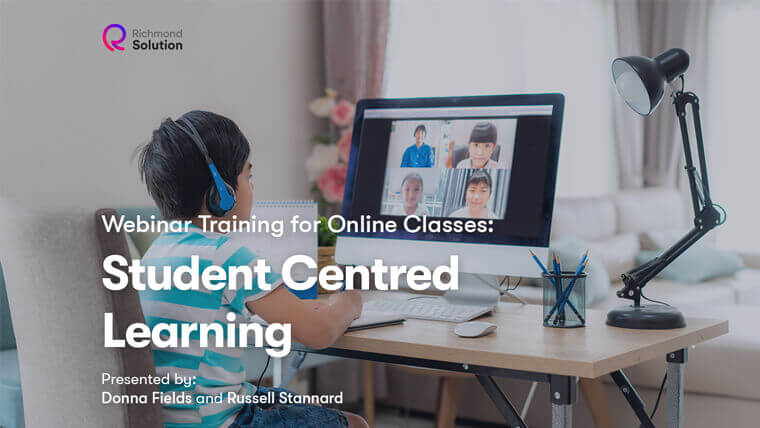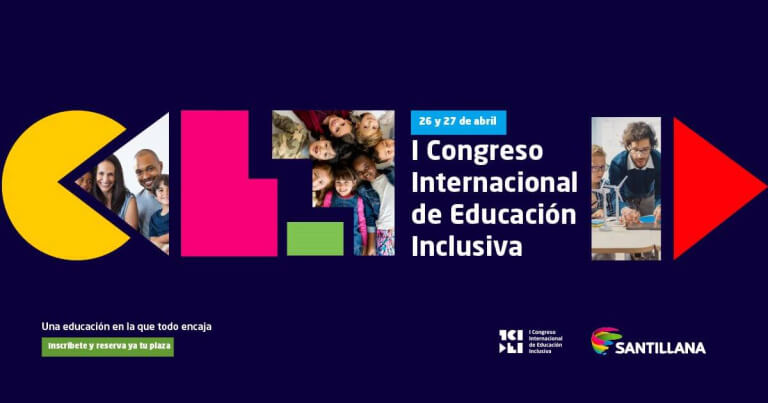Meditation: shifting the paradigm in language education.
The CEFR model of language learning and use was ambitious 20 years ago, going beyond the traditional four skills (reception and production) to also include integrated modes of communicative language activity, namely interaction and mediation.
The CEFR model of language learning and use was ambitious 20 years ago, going beyond the traditional four skills (reception and production) to also include integrated modes of communicative language activity, namely interaction and mediation.
The view of the user/learner in the CEFR action-oriented approach is that of a social agent mobilizing, combining and extending competences and strategies through carrying out language activities in the accomplishment of (collaborative) tasks in specific contexts.
The presentation will introduce the concept of mediation, elaborated in the update to the CEFR, the CEFR Companion Volume (2020).
It is through the mediation of concepts and new knowledge, for oneself and/or others, that learning takes place.
Learning is increasingly seen as requiring a synergy between social collaborative work and personal reflective work.
This is the opposite of traditional views of (language) learning as an abstract, individual activity later put to use in a future context.
The full potential of mediating concepts (the (co)construction of meaning in collaborative tasks) mediating texts (summarising, relaying specific details, expressing a personal reaction) and mediating communication (facilitating safe space, acting as an intermediary) – is first glimpsed with the operationalisation of these concepts in descriptors.
The talk will focus on the significance of the introduction of CEFR descriptors for these mediation activities, for mediation strategies and for related aspects such as online interaction, literature and plurilingual/pluricultural competence.




